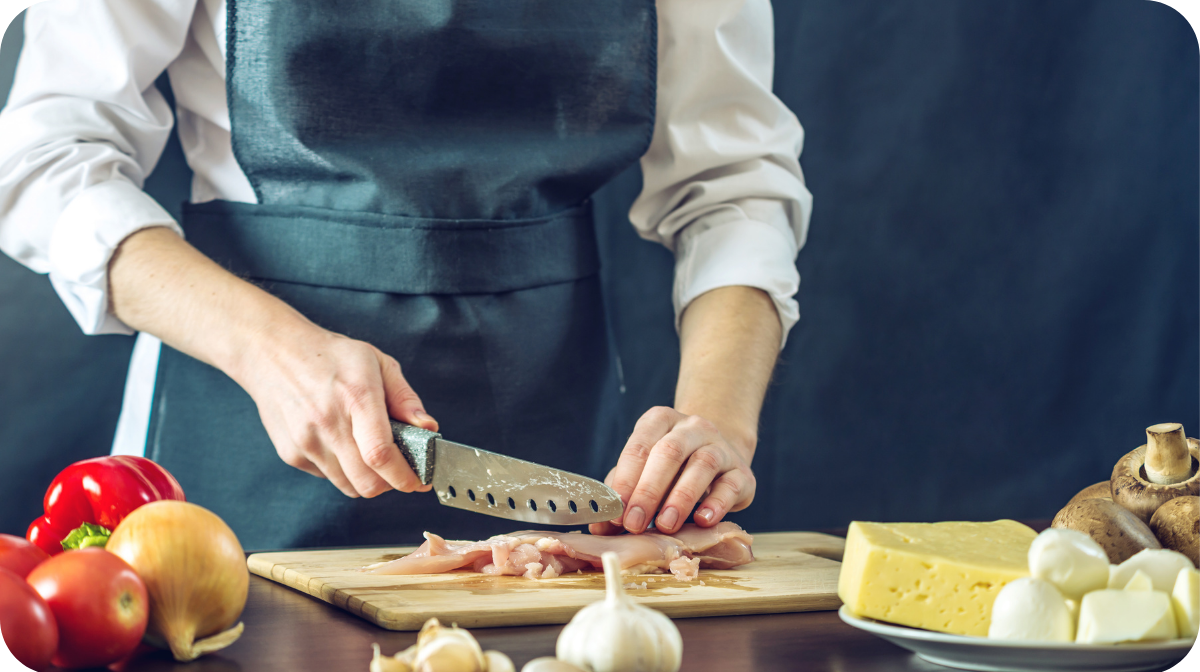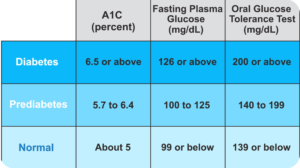As another cold and flu season pops up in the calendar, it’s wise to make sure you’re handling food properly to not only get the best nutrition for your money, but that also guarantee that the food you eat doesn’t actually make you sick.

The guidelines for keeping food healthy are mostly common sense. But in our fast-paced world, common sense is often the first thing to be sacrificed to the demands of a busy weekday schedule.
Start with the most basic practice: washing your hands. Always wash your hands before handling fresh fruits and vegetables, or any food that you’ll be touching. Proper hand washing involves using warm water and spreading soap on the front and backs of your hands, and in between fingers. The CDC recommends actively washing hands for at least 20 seconds, or the span of the “Happy Birthday” song. Rinse the hands completely, then dry on a clean paper or cloth towel.
Set yourself up for healthy food handling by buying a knife set so that you have multiple knives to use at any one time, and won’t be tempted to use the same knife for proteins and veggies. Also purchase a quality meat thermometer, to properly measure internal cooking temperatures.
Now you’re ready to handle your food in the healthiest way possible. Here are strategies for doing that.
- Cut when preparing. Fruits and vegetables begin to lose nutritional value the moment they’re cut, due to oxidation. Buy whole foods and prepare your meals right before eating. Avoid precut packaged fruits and veggies, and convenience purchases like packaged salad mixes.
- Wash. Rinse off vegetables and fruits under running water. Scrub hard produce with a clean sponge. Cut away brown areas.
- Separate. Keep proteins and veggies separate when preparing meals. For instance, do not reuse a knife that you cut chicken with to cut other meats or vegetables. Wash it first in hot water and soap, and dry thoroughly.
- Cook to correct temp. Fish and whole cuts of beef and pork should be cooked to an internal temperature of at least 145°F.; ground beef to 160°F, and poultry and reheated leftovers to 165°F. By the way, never thaw food on a counter; thaw it in cold water in the refrigerator (it will take much longer, but your gut will thank you). If you’re in a rush, use a microwave to thaw frozen food.
- Clean up completely. Clean as soon as you finish prepping a meal, because bacteria begin multiplying right away. Be especially attentive to cutting boards, countertop surfaces in prep areas, and knives and utensils used in prep. Never return a wet knife to a knife block. In fact, it’s much wise to use a magnetic strip to hold your food-prep knives rather than storing them in a block.
- Store safely. Always store fish, shellfish, and other proteins in sealed containers, away from dairy products, fruits, and vegetables. Refrigerate leftovers as quickly as practical to insure against bacterial growth. Confused about how long you can keep leftovers? Check out the FDA Foodkeeper App here. And while you’re there, scan their food recall page to keep up to date on any potential risky grocery store purchases.
Handle your food properly, and you’ll not only head off potential disease or illness, you’ll also make sure it’s as nutritious—and delicious!—as possible.
Share some love if you like this post!






1 comment
Thank you!
Comments are closed.